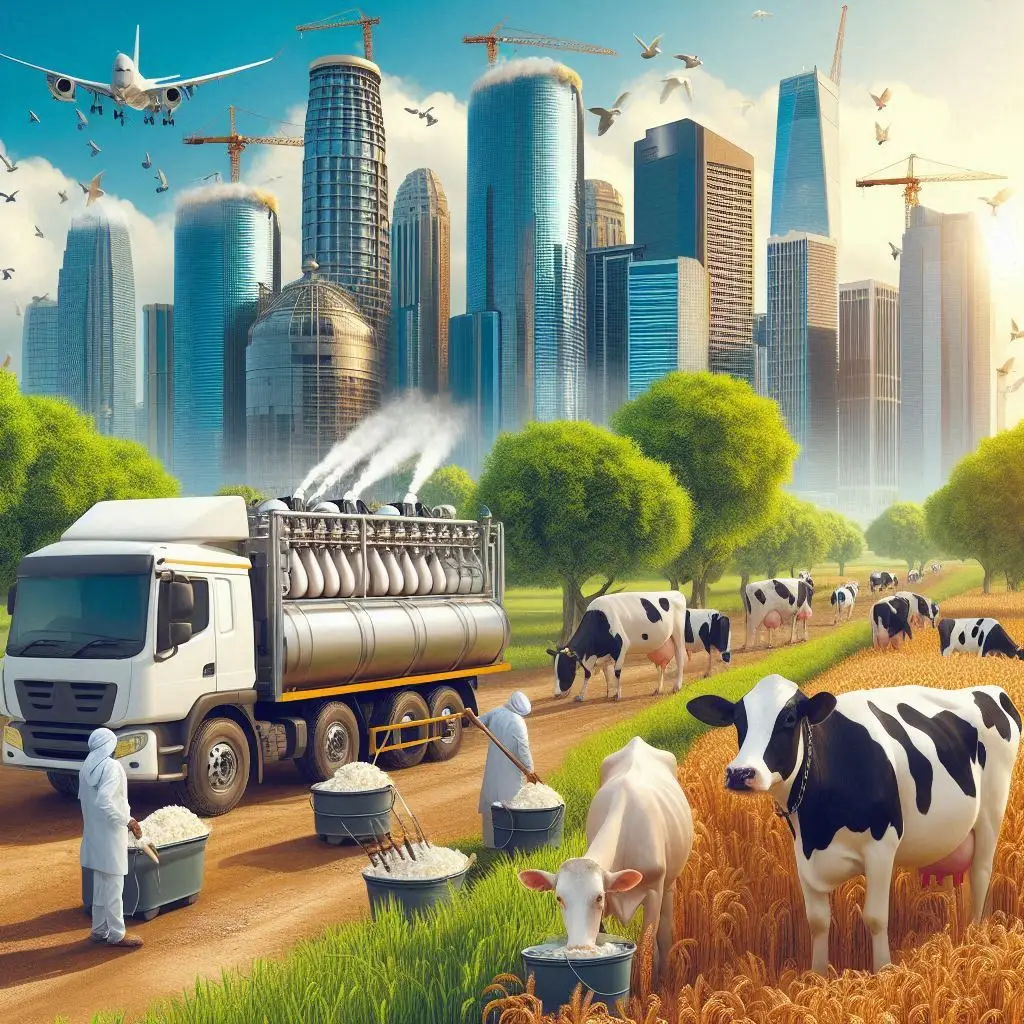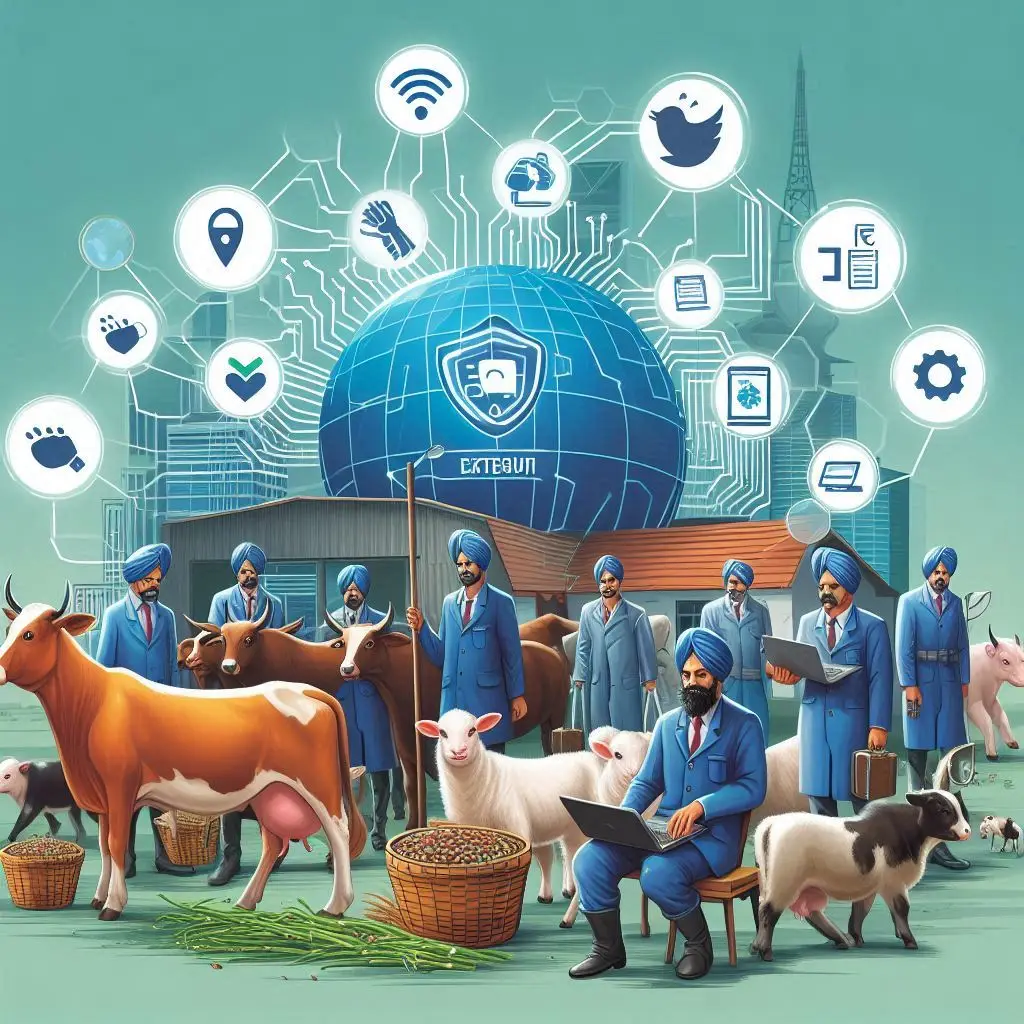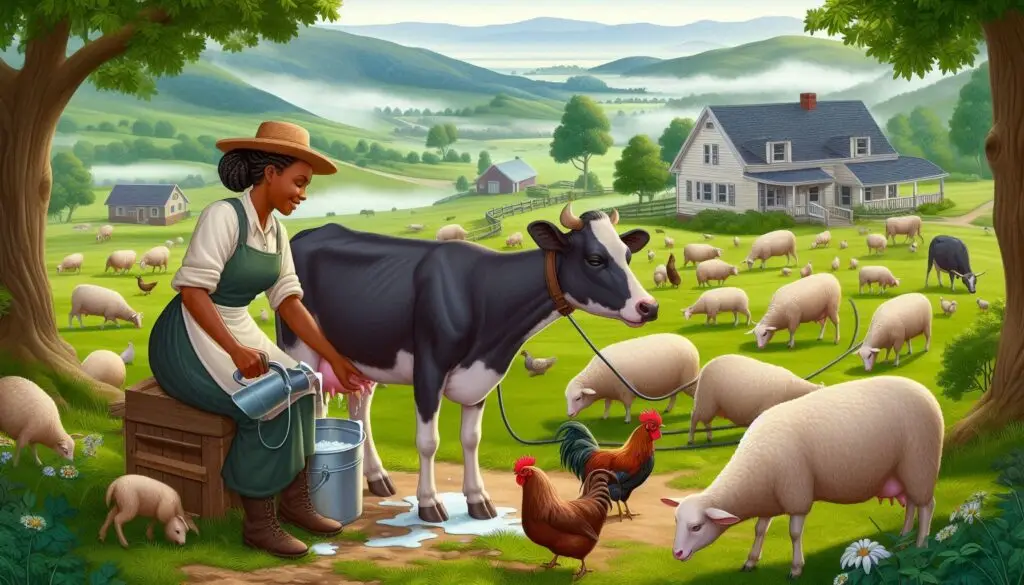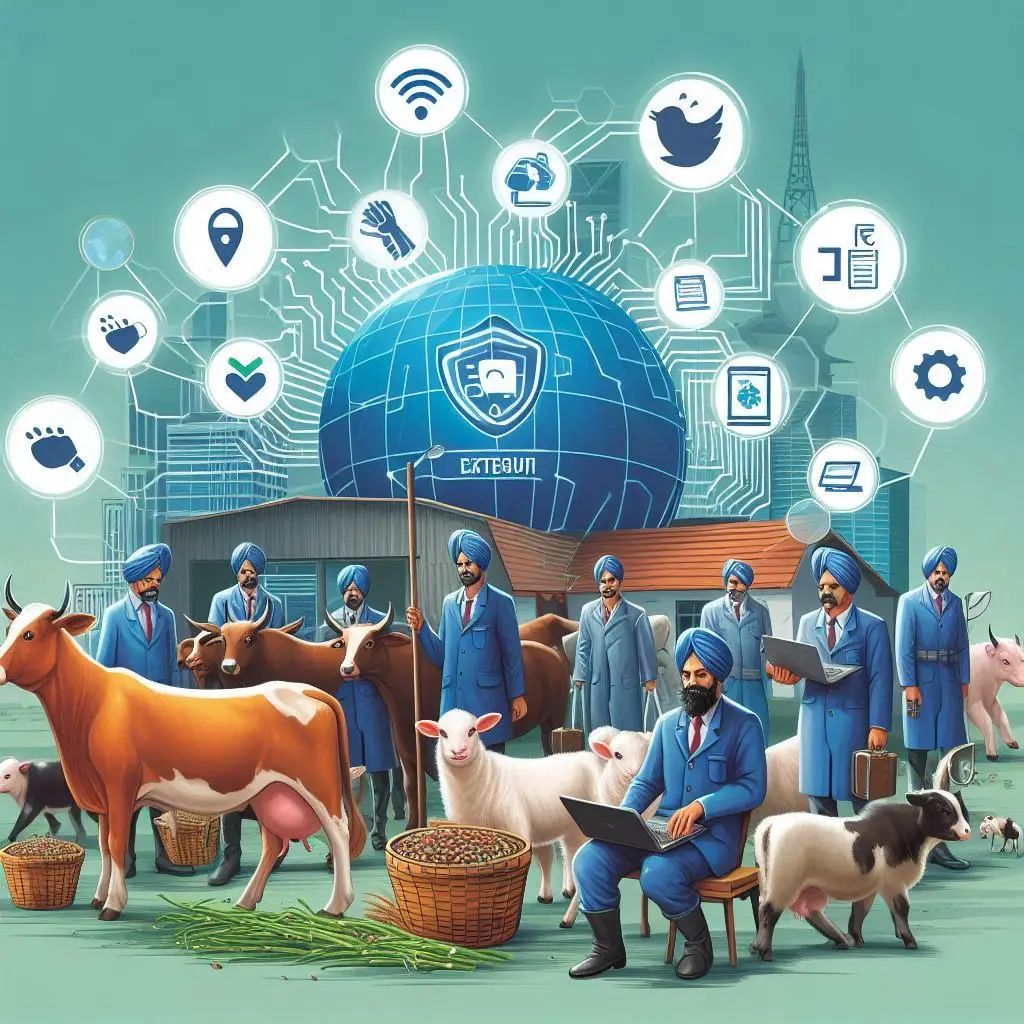Livestock Development Officer Salary in Maharashtra

The role of a Livestock Development Officer (LDO) is crucial in advancing Maharashtra’s animal husbandry sector. As professionals dedicated to improving livestock health, productivity, and management practices, LDOs play a vital role in the state’s rural economy. This article explores the Livestock Development Officer salary in Maharashtra, career prospects, and the importance of this position in the agricultural landscape.
Understanding the Livestock Development Officer Role
Before delving into the salary details, it’s essential to understand the responsibilities of a Livestock Development Officer in Maharashtra. LDOs are tasked with:
- Implementing animal health programs
- Providing technical guidance to farmers on livestock management
- Conducting training programs on modern animal husbandry practices
- Assisting in the implementation of government schemes related to livestock development
- Monitoring and reporting on livestock health and productivity in their assigned areas
Given the importance of these responsibilities, the Maharashtra government offers a competitive salary package to attract and retain qualified professionals in this field.
Livestock Development Officer Salary in Maharashtra: An Overview
The Livestock Development Officer salary in Maharashtra is structured to reflect the importance of the role and the qualifications required. As of 2024, the salary package for LDOs in Maharashtra is competitive within the government sector.
Basic Pay Structure
The basic pay for a Livestock Development Officer in Maharashtra typically falls under Pay Level 14 of the state government pay scale. This translates to a basic pay range of ₹56,100 to ₹1,77,500 per month, depending on the officer’s experience and years of service.
Gross Salary and In-hand Earnings
When considering the total compensation package, including various allowances, the gross Livestock Development Officer salary in Maharashtra can range from ₹65,000 to ₹1,20,000 per month. However, the in-hand salary after deductions may vary between ₹53,000 to ₹90,000 per month, depending on factors such as location of posting, grade pay, and applicable deductions.
Components of Livestock Development Officer Salary in Maharashtra
The total compensation package for LDOs in Maharashtra includes several components beyond the basic pay:
- Dearness Allowance (DA): A percentage of the basic pay, adjusted periodically to account for inflation.
- House Rent Allowance (HRA): Varies based on the city of posting, typically ranging from 10% to 30% of basic pay.
- Travel Allowance (TA): For official travel and field visits.
- Medical Allowance: To cover healthcare expenses for the officer and dependents.
- Grade Pay: An additional component based on the officer’s grade within the service.
These allowances significantly enhance the overall Livestock Development Officer salary in Maharashtra, making it an attractive career option for veterinary professionals.
Career Progression and Salary Growth
The Livestock Development Officer salary in Maharashtra is not static but offers potential for growth through career progression. As LDOs gain experience and take on additional responsibilities, they can advance to higher positions within the Animal Husbandry Department, such as:
- Senior Livestock Development Officer
- Deputy Director of Animal Husbandry
- Joint Director of Animal Husbandry
- Director of Animal Husbandry
With each promotion, there is a corresponding increase in salary and benefits, making the long-term career prospects for LDOs in Maharashtra quite promising.
Factors Affecting Livestock Development Officer Salary in Maharashtra
Several factors can influence the exact salary of an LDO in Maharashtra:
- Years of experience
- Educational qualifications (e.g., additional certifications or advanced degrees)
- Performance evaluations and merit-based promotions
- Location of posting (rural vs. urban areas)
- Special assignments or projects
These factors can lead to variations in the Livestock Development Officer salary in Maharashtra, even among officers at the same level.
Comparison with Private Sector Opportunities
While the Livestock Development Officer salary in Maharashtra is competitive within the government sector, it’s worth comparing it to private sector opportunities. Many private dairy companies, animal feed manufacturers, and veterinary pharmaceutical firms offer roles similar to LDOs, often with higher starting salaries.
However, government positions like LDOs in Maharashtra offer additional benefits such as job security, pension plans, and opportunities for further education and training that may not be available in the private sector.
The Importance of LDOs in Maharashtra’s Agricultural Landscape
The role of Livestock Development Officers extends far beyond their salary package. Maharashtra, being one of India’s largest states with a significant rural population, relies heavily on agriculture and animal husbandry for economic growth and food security.
LDOs play a crucial role in:
- Improving livestock health and productivity
- Implementing disease control programs
- Promoting scientific animal husbandry practices
- Enhancing the quality of animal products (milk, meat, eggs)
- Supporting rural livelihoods through improved livestock management
Given these responsibilities, the Livestock Development Officer salary in Maharashtra is designed to attract qualified professionals who can make a significant impact on the state’s animal husbandry sector.
Challenges and Opportunities
While the role of an LDO in Maharashtra offers a stable career with a decent salary, it comes with its own set of challenges:
- Working in remote rural areas
- Dealing with limited resources and infrastructure
- Addressing resistance to new practices among traditional farmers
- Balancing administrative duties with field work
However, these challenges also present opportunities for innovation, leadership, and making a real difference in rural communities. The satisfaction of contributing to agricultural development and improving farmers’ livelihoods often complements the monetary aspects of the Livestock Development Officer salary in Maharashtra.
Future Outlook
The future looks promising for Livestock Development Officers in Maharashtra. With the state government’s increased focus on agricultural development and the growing importance of the livestock sector, the demand for qualified LDOs is expected to rise. This could potentially lead to:
- Increased budget allocations for the Animal Husbandry Department
- More opportunities for specialized training and skill development
- Potential revisions in the salary structure to attract and retain talent
- Greater integration of technology in livestock management, offering new avenues for career growth
As the role evolves, the Livestock Development Officer salary in Maharashtra may see positive adjustments to reflect the increasing importance and complexity of the position.
Conclusion
The Livestock Development Officer salary in Maharashtra offers a competitive package that reflects the importance of this role in the state’s agricultural sector. While the monetary compensation is significant, the opportunity to make a tangible impact on rural development and animal welfare adds immeasurable value to this career path.
For veterinary professionals considering a career in public service, the position of an LDO in Maharashtra presents an attractive option that balances financial stability with the chance to contribute meaningfully to society. As Maharashtra continues to prioritize agricultural development, the role of Livestock Development Officers will remain crucial, ensuring that this career path remains both rewarding and impactful for years to come.






Responses